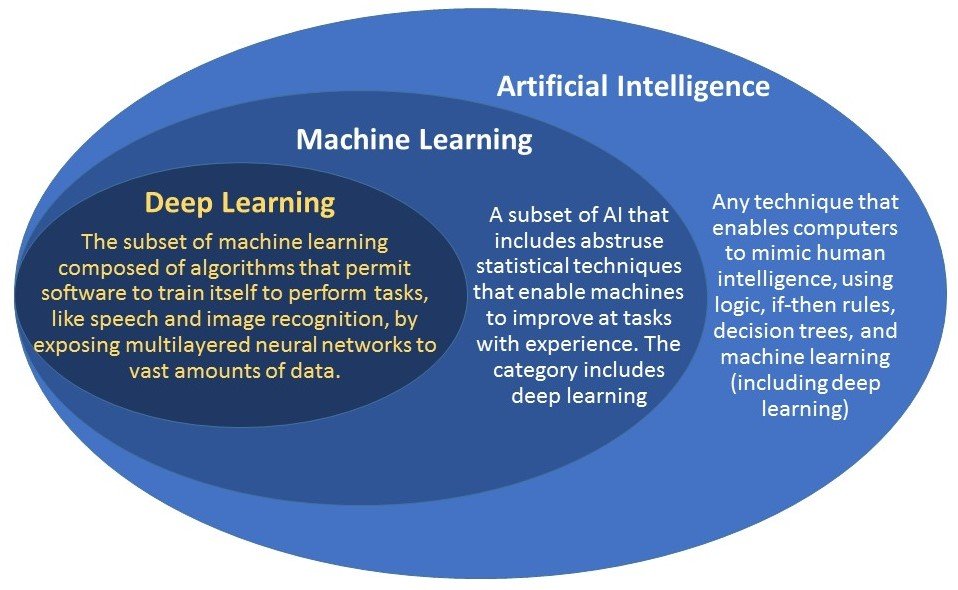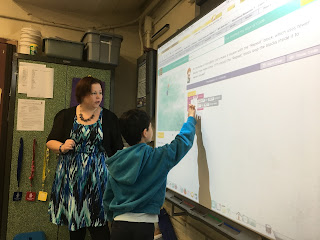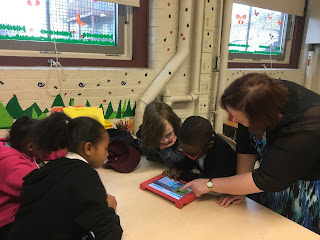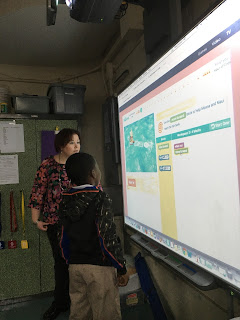A local friend of mine with whom I share several personal and professional interests, Inci Kaya, and I recently discussed my blog. She mentioned that she'd like to try her hand at blogging. I am happy to introduce the first in a series of guest articles penned by Inci! Welcome to Inci, and without further ado:
Hold Your Sexist Tongue
by Inci Kaya
During a recent conference call with several colleagues regarding trends in the workplace that allow workers to work remotely, one of the highly knowledgeable, educated males on the call uttered that this technology "could be good for women who are at home with children”. I blinked for a moment with disbelief and surprise and jumped in "or for men...".
My reaction came partially from the fact that I live in a very progressive, almost utopic neighborhood where it is not uncommon to see men carrying babies in those wearable baby carriers; and those men do not feel emasculated. Oh, and partially because it’s 2016.
So, which neighborhood or decade was this guy from exactly?
This co-worker’s (let’s call him Mike) remarks, though inadvertent, were fifty plus years old, and did not belong in today’s workplace. Or did they? Was I just overreacting? I looked up the US Bureau of Labor Statistics site for statistics on women in the workplace; and found ample proof that I was not overreacting:
- In 50% of households, both parents work outside the home
- In 30% of households, women outearn their husbands
- In 20% of households, only husbands are employed
- In married households, %70 of women and 81% of men work (ages 25 to 54 years)
Not convinced? No problem. There’s more where that came from:
87% of men who are married with children under 18 work but when men are separated or divorced or widowed that share drops to 73%.
While the reasons for the 14% gap are not listed in the statistics, as an analyst, and as somebody with common sense, I’d say that the presence of a woman remaining at home is what enables men to go to work.
Let’s stay on the topic of those women for a moment longer: Let’s try outsourcing the tasks that a woman typically does inside the home (for free) to third-party service providers. Between services like Task Rabbit, center-based daycare or a nanny, food delivery services, concierge, cleaning and driving services, the value of that woman doing all these errands would be around $150,000 or so a year (happy to give you the breakdown of that). What a deal men get! I want that deal too.
One more statistic, this time for the single men out there:
The percentage of single men that work full time is under 50%. So, dear men, if you want to improve your chances of full-time employment I suggest that you hold your sexist mouth shut for starters; you just might get lucky and find a woman who will agree to marry you and help boost your chances of full-time employment.
After my study, I realized three things:
- I had enough ammunition to put Mike to shame for our next conference call.
- I made sure that I wasn’t being an insane crazy bitch, and that I was using my rational mind to present irrefutable facts and a cool and calm manner.
- I believed that aware Mike's words were completely unintentional; and that he didn't mean anything bad by it. His slip of the tongue was not uncommon to hear, even from women.
For better or worse, I gradually climbed down off of my soapbox, and put my boxing gloves down. I decided that instead of shaming Mike over a phone line, that I should put the word out to a broader audience. Because I know there are so many well-intentioned Mikes out there, and they – we – all just need to remember to hold our sexist tongues sometimes.
































